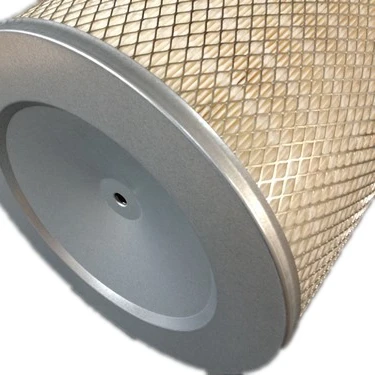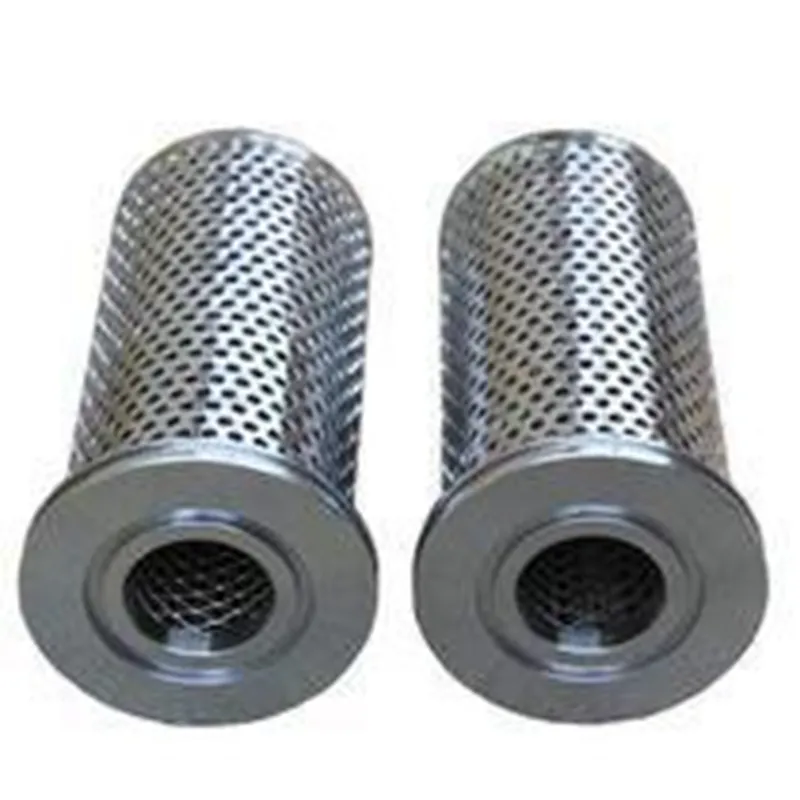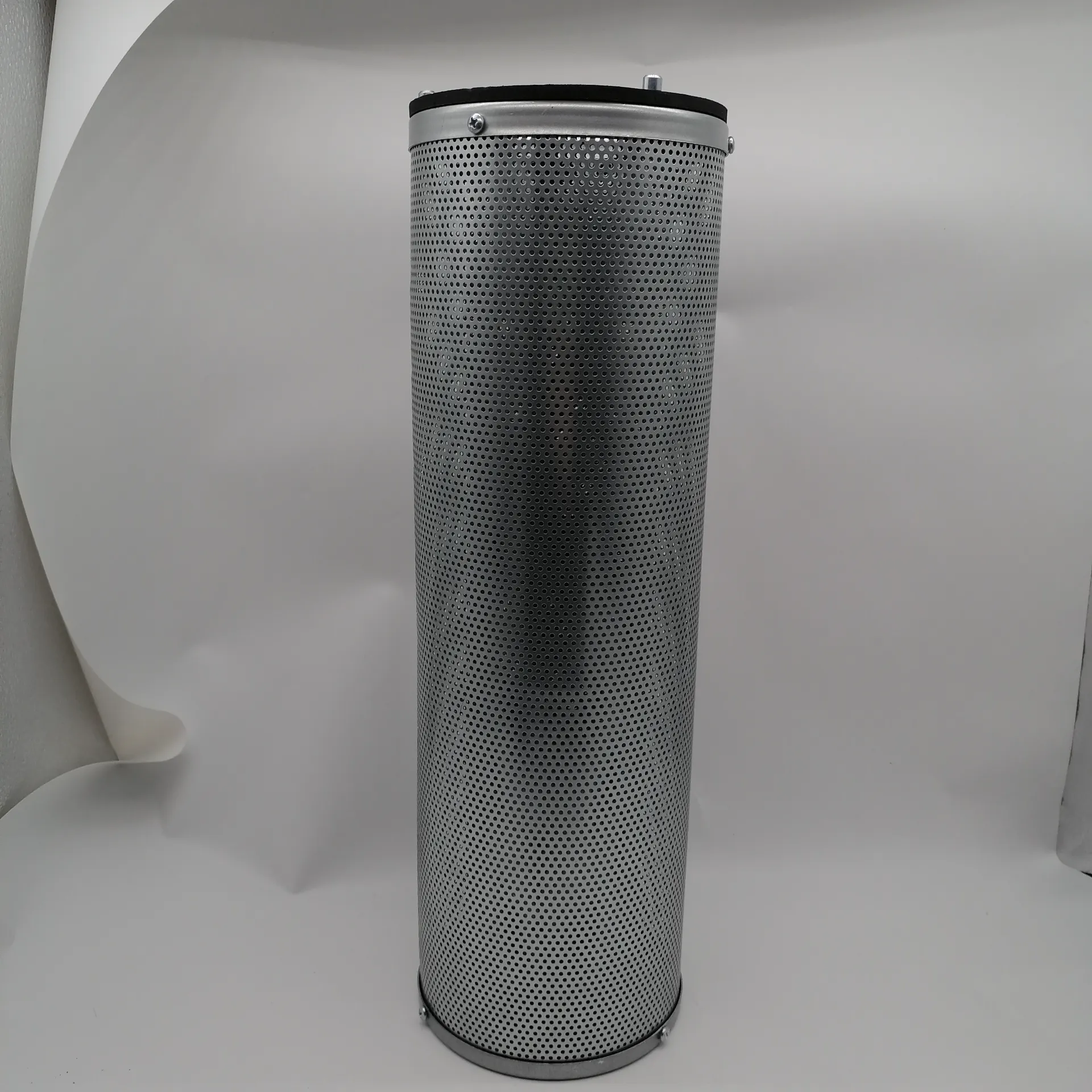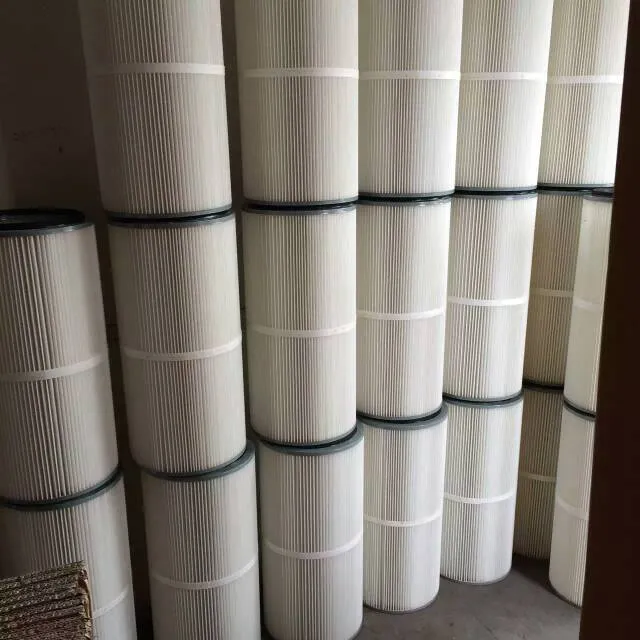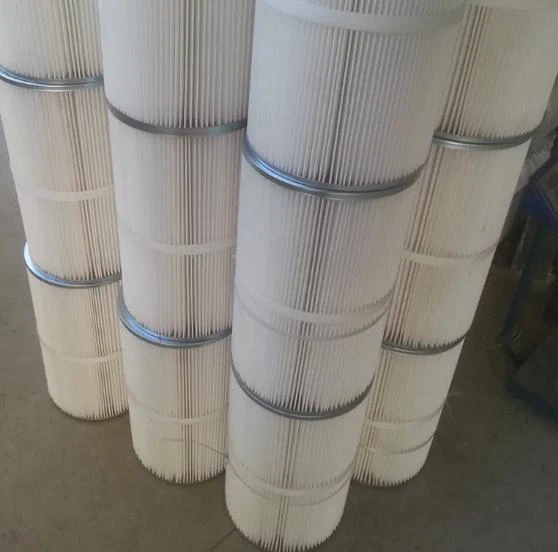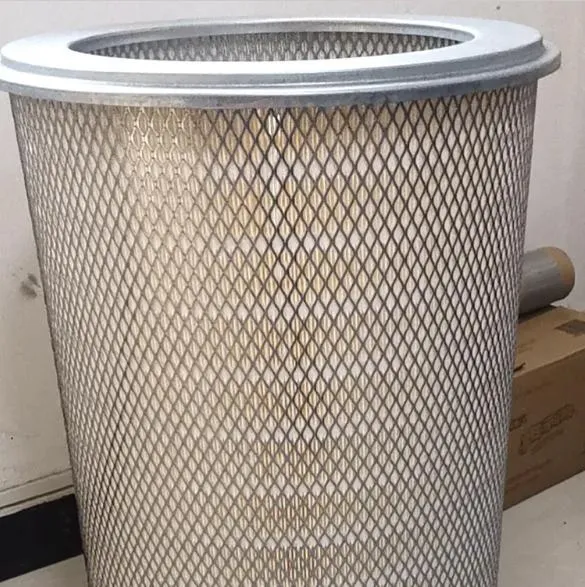 Tel:
+8618931101301
Tel:
+8618931101301
дец . 22, 2024 14:45 Back to list
gas turbine air filter
The Importance of Air Filters in Gas Turbine Systems
Gas turbines are essential components in various industries, including power generation, aviation, and manufacturing. They convert fuel energy into mechanical energy, which can be transformed into electrical energy or used for propulsion. However, the efficiency and longevity of gas turbines heavily depend on the quality of the air entering the combustion chamber. This is where air filters play a crucial role.
Understanding Gas Turbine Operations
Gas turbines operate on the Brayton cycle, which involves compressing air, adding fuel, and igniting the mixture to produce high-temperature, high-pressure gas. This gas drives the turbine blades, resulting in mechanical energy production. The air intake is the first significant step in this process, and airborne contaminants can adversely affect turbine performance.
The Role of Air Filters
Air filters serve as the first line of defense against pollutants such as dust, dirt, pollen, and other particulate matter. If these contaminants enter the turbine, they can cause several issues
1. Wear and Tear Particulate matter can erode turbine blades, reducing their efficiency and leading to costly repairs or replacements.
2. Combustion Irregularities Pollutants can affect the combustion process, causing uneven burning of fuel. This can lead to fluctuations in power output and increased emissions.
3. Reduced Efficiency Contaminants can obstruct airflow and disrupt the optimal performance of the gas turbine, resulting in decreased fuel efficiency.
Types of Air Filters Used in Gas Turbines
There are several types of air filters commonly used in gas turbine applications. Each type has its unique advantages and suitability for specific environments
gas turbine air filter

1. Panel Filters These are flat filters generally used in the initial stages of filtration. They are effective in capturing larger particles but may not be sufficient for finer contaminants.
2. Bag Filters These have a larger surface area than panel filters, allowing them to capture a broader range of particles. They are ideal for higher dust-loading applications and longer service intervals.
3. HEPA Filters High-Efficiency Particulate Air filters are designed to capture at least 99.97% of particles that are 0.3 microns in size. They are used in environments where air purity is critical, like clean rooms or certain industrial processes.
4. Pre-Filters These are used to extend the life of the main filters by capturing larger particles before they reach the more delicate filtration systems.
5. Electrostatic Filters Utilizing an electric charge, these filters attract and trap particles more effectively than traditional filters, especially in environments with a high concentration of fine particulates.
Maintenance and Best Practices
To ensure optimal turbine performance, regular maintenance of air filters is essential. Some best practices include
- Routine Inspections Regularly check filters for signs of clogging or damage. Monitoring differential pressure across the filter can help determine when to replace it.
- Cleaning Intervals Depending on the operating environment, filters may need cleaning or replacement every few weeks or months. High-dust environments will require more frequent attention.
- Quality Selection Choose filters that are suited for the specific conditions of your gas turbine environment. Consider factors such as humidity, temperature, and the presence of corrosive materials.
Conclusion
In summary, air filters play a vital role in the effective operation of gas turbines. By ensuring clean air enters the combustion chamber, they help maintain turbine efficiency, reduce maintenance costs, and extend the life of the turbine components. Given their importance, investing in high-quality filtration systems and adhering to regular maintenance practices is crucial for any operation utilizing gas turbines. Recognizing the significance of air quality in turbine efficiency not only optimizes performance but also contributes to reducing environmental impacts associated with turbine operations.
-
The "weight" secret of activated carbon filter: the heavier the better?NewsMay.09,2025
-
Why is coconut shell activated carbon the preferred material for high-end filter elements?NewsMay.08,2025
-
5 maintenance tips to extend the life of dust filter elementsNewsMay.07,2025
-
Why does the air filter affect the power of the car?NewsMay.06,2025
-
When should the dust filter be replaced?NewsApr.30,2025
-
How to choose a special dust filter?NewsApr.29,2025

 Email:
Email: